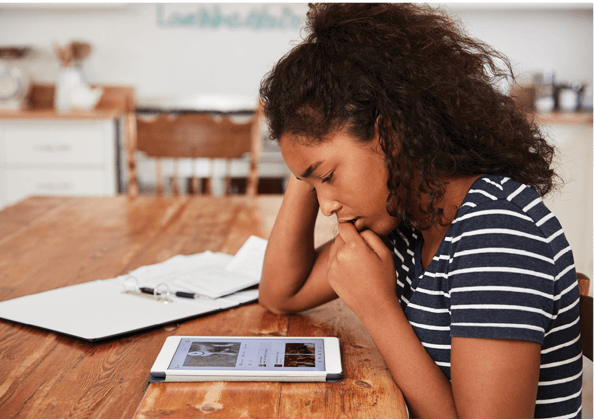
The Online World is Failing Teenagers
The WSJ’s recent article on How 13 Became the Internet Age of Adulthood prompts questions about the Children’s Online Privacy Protection Act and proposed amendments.
There is a widely held thought that Children’s Online Privacy Protection Act is “hopelessly outdated”. There is some truth in this. The regulation has been in place for more than twenty years and in that time the digital landscape has changed beyond recognition and will continue to do so with the advent of AI and connectivity. COPPA led the way in terms of child privacy online but without sensible amendments, whether it is still fit for purpose in today’s environment is questionable.
Senator Markey’s proposed Bill to amend the law is welcome but time to consider wider issues should be given. COPPA is a privacy law focused on marketing and this needs to change. Privacy and safety must go hand in hand. Social media platforms have allowed children to lie about their ages and circumvent inadequate age gates, owners of these platforms have grown rich at the expense of children who have suffered both a loss of privacy and serious online harms from bullying to grooming to mental health issues. Addressing the challenge of protecting children and supporting a safe experience will take a number of initiatives and different approaches for different age ranges. Teenagers need a privacy and safety enhanced experience too.
The US should look to the EU and in particular the UK for the latest moves in this direction. There is much to learn from recent changes to the privacy landscape. The EU General Data Protection Regulation (GDPR) is far reaching and designed to protect the rights and freedoms of individuals, it applies in its entirety to children and includes special provisions for them. The UK’s data protection authority, the Information Commissioner’s Office, has sought comments on its Age Appropriate Design Code which is due to come into force later this year and the UK government has published its Online Harms White Paper which could lead to duty of care legislation.
COPPA amendments should ensure that social media platforms can no longer turn a blind eye to actual knowledge that children 12 and under are sharing their personal information publicly, children do need rights to preserve their privacy and it is vital to find ways to tackle safety issues. Legislation must go hand in hand with education, only then will we start to see the tide turn. A Children’s Bill of Rights that encompasses teenagers coupled with robust regulation and enforcement alongside an education program is a good starting point.
PRIVO is an FTC approved COPPA Safe Harbor and provides online privacy compliance for the GDPR and Student Digital Privacy laws and best practices, in addition to offering a robust customer identity and permission management platform that enable companies to legally and safely engage with children and their families online. Learn more about our online privacy solutions here.


 Blog
Blog





 Facebook
Facebook Linkedin
Linkedin Blog
Blog


 Twitter
Twitter